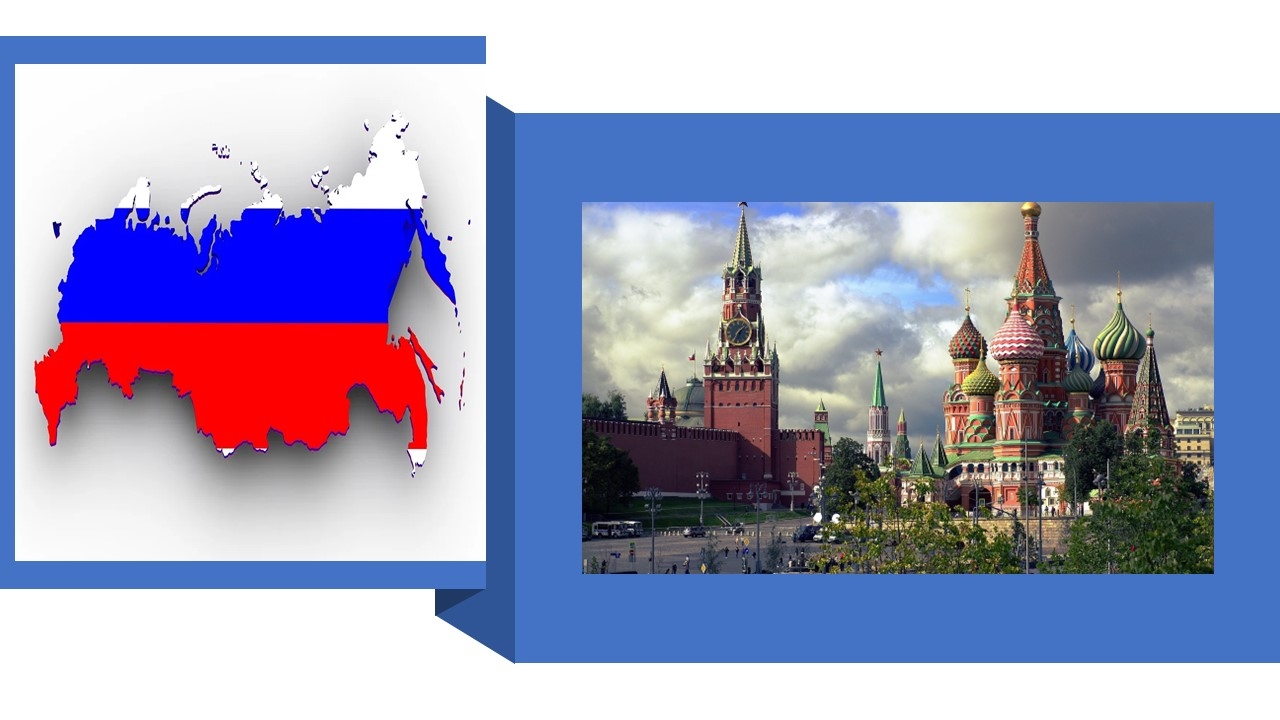



 Crescent International
Crescent International
As Russian anger subsides somewhat following the terrorist attack in Moscow, the political and geopolitical formulations of Russia’s responses are in full swing.
Almost immediately after the mass killing of civilians in Moscow, local and international pundits began focusing on how the Russian government will respond to the deaths of more than 100 of its citizens.
Prior to delving into specifics of Russia’s response, it is important to outline the general contours of how governments’ which typically see themselves as global players react to such events.
For example, the US regime and its propaganda machinery often find ways to tie its geopolitical enemies to hostile events.
From attempting to link Hizbullah to CIA supported drug cartels of South America to pinning shallow domestic politicking on Russia.
Since 2001, it was quite common to immediately add the “Islamic” label to many acts of violence when such criminal acts occurred.
The most notorious example of this was right after the terrorist mass shooting in Norway in July 2011.
Almost immediately, the so-called “experts” began pinning the attack on Muslims that was perpetrated by the white-supremacist Anders Breivik.
Russia is following the same western methodology.
It is using the tragedy to advance its strategic interests and enhance its imperial outreach.
In Russia’s case, it is Ukraine, as this is where the life and death battle for Russian global influence is currently taking place.
With Ukraine in mind, many western “experts” would like to see Moscow’s reaction to be directed away from Eastern Europe, the doorstep of western geopolitical sphere.
Even sober western media outlets could not resist attempting to “nudge” the Russian retaliation away from the European continent.
Writing for Responsible Statecraft, Professor Anatol Lieven stated that “we [US and Russia] both have the same enemies but spend most of the time ignoring that fact.”
Similar opinions were expressed within Russia, by marginal pro-western characters, but much more crudely.
Let us move from the narrative to specific geopolitical aspects relating to ground realities.
The Russian government made it quite clear that it sees western involvement and the role of the US-backed regime in Ukraine as the primary framework within which it will approach the fallout from this horrific crime.
Internally, there will be no serious bureaucratic reshuffle or grandiose public hearings.
It is just not part of Russian political culture, especially when the country is at war.
What interests people outside Russia are the responses the Kremlin will conduct in the realm of foreign policy.
Moscow is beginning to show that the latest terrorist attack is simply an act of desperation by the takfiri groups Russia help crush in Syria.
It is no secret that western regimes armed multiple takfiri terrorist outfits in Syria and later some of them relocated to Ukraine and joined the fight against Russia.
The US Congress-financed Radio Free Liberty Europe went so far as to produce a sensational news report about the arrival of Rustam Azhiyev in Ukraine.
He is a Chechen commander of a Wahhabi militia who was previously active in Syria.
While Putin’s government will milk the Syria and Ukraine connection, the most substantive foreign policy outcome from the terrorist attack in Moscow is likely to be felt in Afghanistan.
Russia has been politically quite favourably disposed toward the Taliban in Afghanistan.
The group responsible for the terrorist attack which calls itself ISIS-K is a staunch enemy of the Taliban and remains the only key destabilizing force in Afghanistan.
This is something the Russian media has been quite actively highlighting.
Russia is likely to act by targeting the capabilities of ISIS-type groups and curtail the remaining limited western geopolitical influence in Afghanistan.
Moscow is likely to increase its support for the Taliban-led government and do so in tandem with China.
Both China and Russia understand that it is vital for them to stabilize Afghanistan economically and politically.
In Idlib, Russia’s response will be limited, as various takfiri groups there enjoy Turkish political patronage.
Russia will try not to damage its relations with Ankara.
Nevertheless, Kremlin is likely to take some form of action in Idlib, that could be drastic.
Whatever action Russia takes in Idlib will worsen its relations with apartheid Israel, as the zionist regime is one of the key sponsors of terrorist groups in Syria since 2011.
